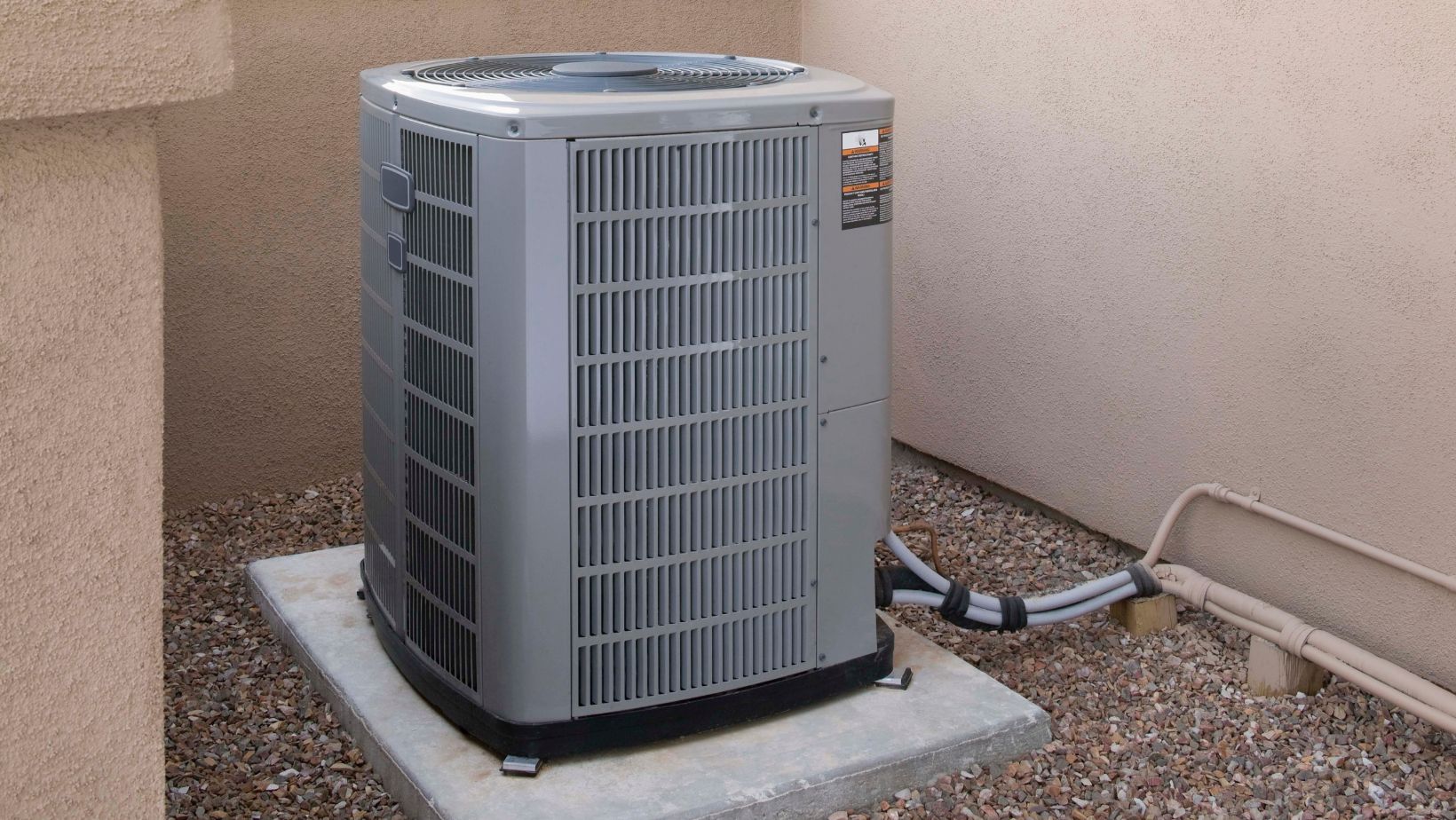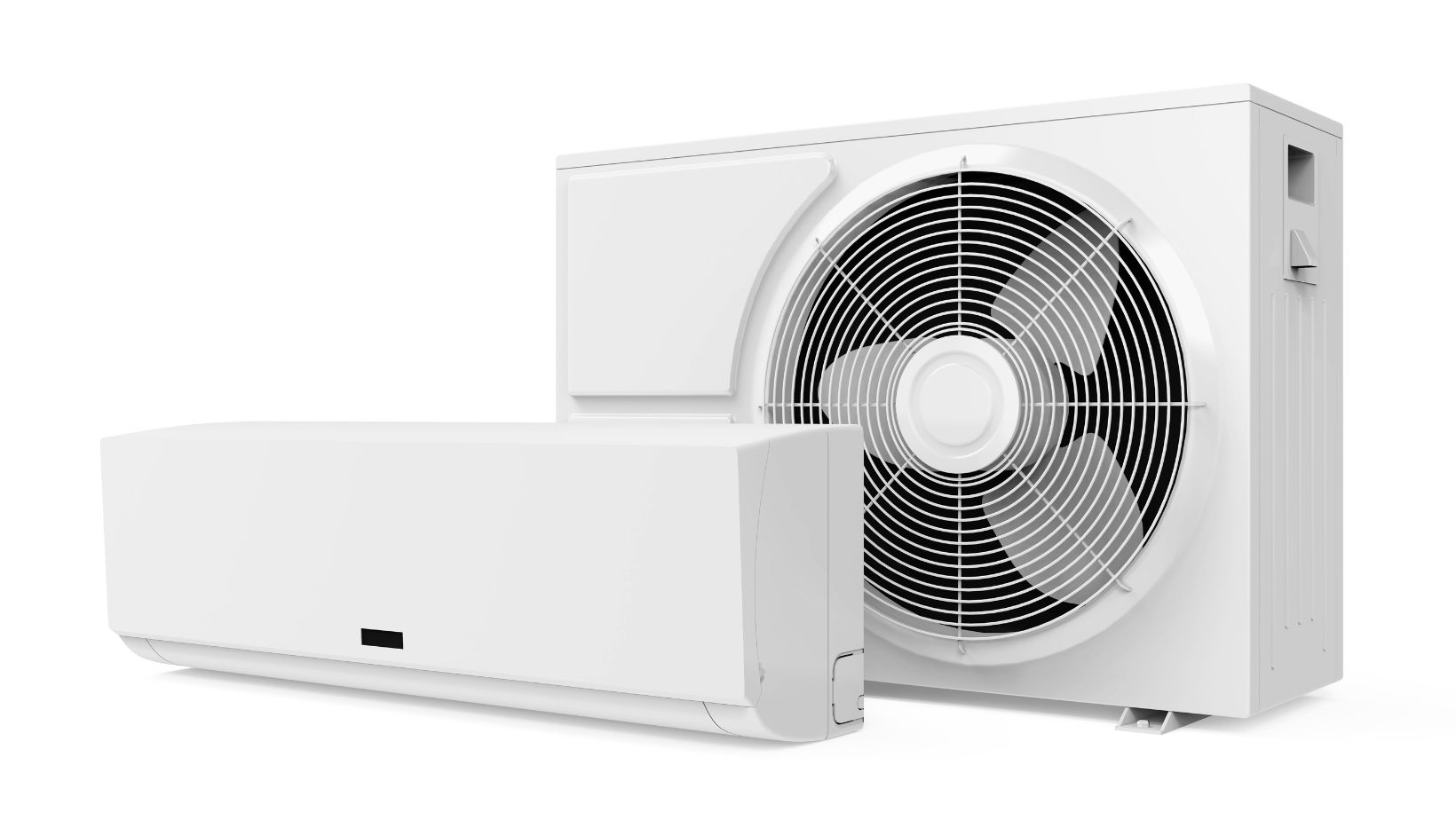Table of Contents
ToggleBest Air Conditioner for Garage
Looking for the best air conditioner for your garage? When it comes to keeping your workspace cool and comfortable, choosing the right unit is essential. Whether you use your garage as a workshop, gym, or storage space, finding an air conditioner that can effectively cool the area is crucial.
One of the top considerations when selecting an air conditioner for your garage is its cooling capacity. You’ll want to ensure that the unit has enough power to efficiently cool down the space without straining itself. Additionally, it’s important to consider factors such as noise level and energy efficiency to ensure a pleasant working environment while keeping utility costs in check.
Understanding the Size and Cooling Capacity Requirements of Your Garage
Choosing the Right Size Air Conditioner
When it comes to selecting the best air conditioner for your garage, one of the key factors to consider is its size. A properly sized unit ensures efficient cooling without wasting energy or overburdening your electrical system. To determine the right size air conditioner for your garage, you’ll need to take into account its dimensions and insulation.
Start by measuring the square footage of your garage. This will give you a rough estimate of the cooling capacity required. As a general rule, for every 100 square feet, you’ll need around 5,000 BTUs (British Thermal Units) of cooling power. However, keep in mind that this is just a guideline and other factors come into play as well.
Next, evaluate the insulation level in your garage. Good insulation helps retain cool air and reduces heat transfer from outside. If your garage is well-insulated with proper sealing on doors and windows, you may be able to opt for a slightly smaller air conditioner compared to a poorly insulated space.
Determining the Cooling Capacity for Your Garage
While square footage is an important consideration for determining cooling capacity, it’s not the only factor at play. The climate in which you live also plays a significant role in how much cooling power you’ll need. Hotter climates may require higher BTU ratings compared to milder or cooler regions.
Other factors that can affect cooling capacity include:
- Ceiling height: Taller ceilings may require additional BTUs.
- Sun exposure: If your garage receives direct sunlight throughout the day, it may require more cooling power.
- Usage: If you use your garage as a workshop where equipment generates heat or store items that are sensitive to temperature changes, you might want to opt for an air conditioner with higher BTU rating.
Considering these factors alongside square footage will help ensure that you choose an air conditioner that can adequately cool your garage.

Energy Efficiency: A Key Feature to Look for in a Garage Air Conditioner
Energy Saving Features
One of the primary aspects to consider when evaluating the energy efficiency of an air conditioner is its Energy Efficiency Ratio (EER) or Seasonal Energy Efficiency Ratio (SEER). These ratings indicate how efficiently the unit converts electricity into cooling power. The higher the EER or SEER rating, the more energy efficient it is.
Look for air conditioners with programmable thermostats that allow you to set specific temperature ranges and schedules. This feature ensures that your unit operates only when needed, reducing unnecessary energy consumption. Some advanced models even have smart technology capabilities, enabling you to control them remotely through smartphone apps or voice commands.
Noise Levels and Soundproofing
While focusing on energy efficiency, don’t overlook noise levels as they can impact your overall garage experience. Look for air conditioners specifically designed with sound-dampening technologies or insulated cabinets to minimize operational noise. Units with low decibel ratings ensure quiet operation without disturbing your work or relaxation activities in the garage.
To further reduce noise transmission from outside sources such as traffic or neighbors, consider soundproofing measures like adding insulation panels or weatherstripping around doors and windows. Properly sealing any gaps or cracks in the garage structure can also help maintain a more peaceful environment.
Air Filtration System
In addition to cooling performance and energy efficiency, an air conditioner with a reliable air filtration system is essential. Garages tend to accumulate dust, dirt, and other airborne particles that can affect indoor air quality. Look for units equipped with advanced filters that capture allergens, pollutants, and odors effectively.
Consider air conditioners with multi-stage filtration systems that include pre-filters for larger particles and activated carbon filters to neutralize unpleasant smells. Some models even offer HEPA (High-Efficiency Particulate Air) filters capable of trapping microscopic contaminants for cleaner air circulation in your garage.





